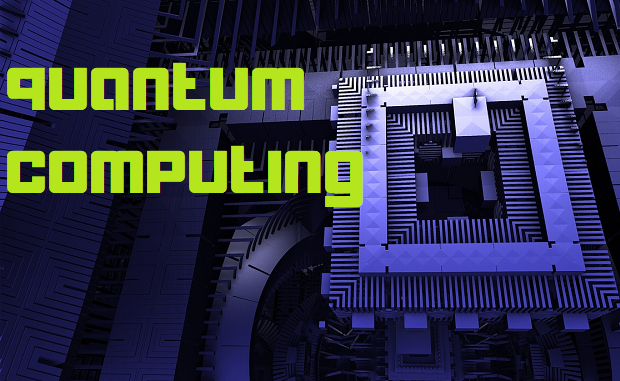
Google has achieved a major breakthrough in computer power, building a machine capable of performing calculations in seconds that traditional computers would take 10,000 years to perform, according to a leaked paper.
The paper, titled ‘Quantum Supremacy Using a Programmable Superconducting Processor’, was briefly published to Nasa’s website .
The paper, which has since been taken down, described how its quantum processor can complete a task in 200 seconds, which would take a state-of-the-art supercomputer approximately 10,000 years to perform.
The Financial Times drew notice to a draft research paper that had been quietly posted to a NASA website in which Google researchers describe achieving quantum supremacy.
Quantum computers have the potential to change the way we design new materials, work out logistics, build artificial intelligence and break encryption. That is why firms like Google, Intel and IBM – along with plenty of start-ups – have been racing to reach this crucial milestone.
“This dramatic speedup relative to all known classical algorithms provides an experimental realisation of quantum supremacy on a computational task and heralds the advent of a much-anticipated computing paradigm,” the paper states.
“To our knowledge, this experiment marks the first computation that can only be performed on a quantum processor.”
Quantum Computers work by replacing traditional bits – the ‘ones’ and zeros’ used to store and transfer digital data – with quantum bits, or qubits. These qubits make use of a quantum phenomena known as superposition, meaning they exist in two states at once.
The ability to act as both a ‘one’ and a ‘zero’ at the same time, quantum computing systems are theoretically able to be exponentially more powerful than classical computers with every qubit added.
These machines have the potential to be orders of magnitude more powerful than today’s most powerful supercomputers, however they are extremely costly and time-consuming to build.
This exponential rate was called into question earlier this year by computer scientists at Google’s quantum computing lab, who observed that their systems were gaining power at a “doubly exponential” rate.
Major technology firms like IBM, Intel and Microsoft have been investing huge amounts of resources in order to be at the forefront of this next computing revolution, which some believe could transform everything from security and communication, to health and metrology.
